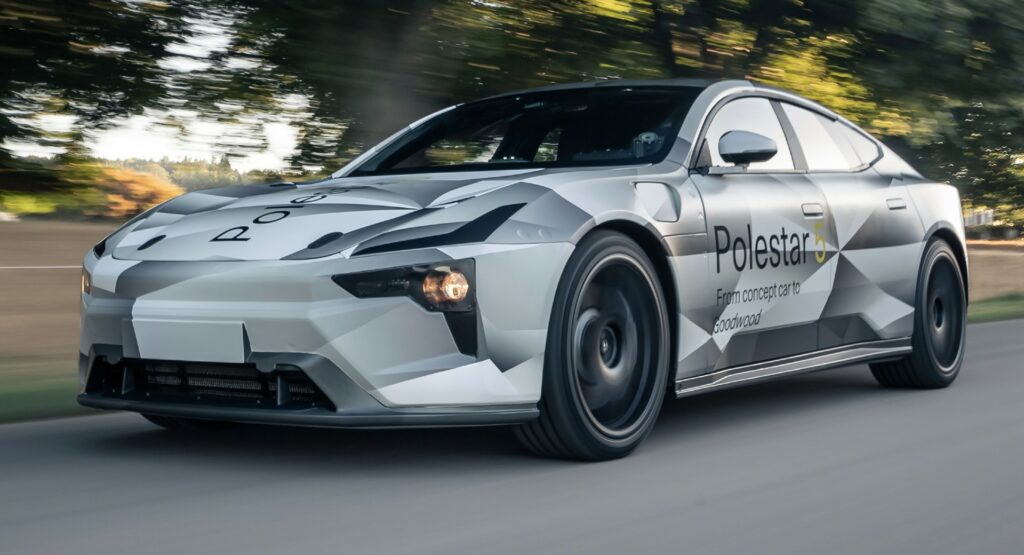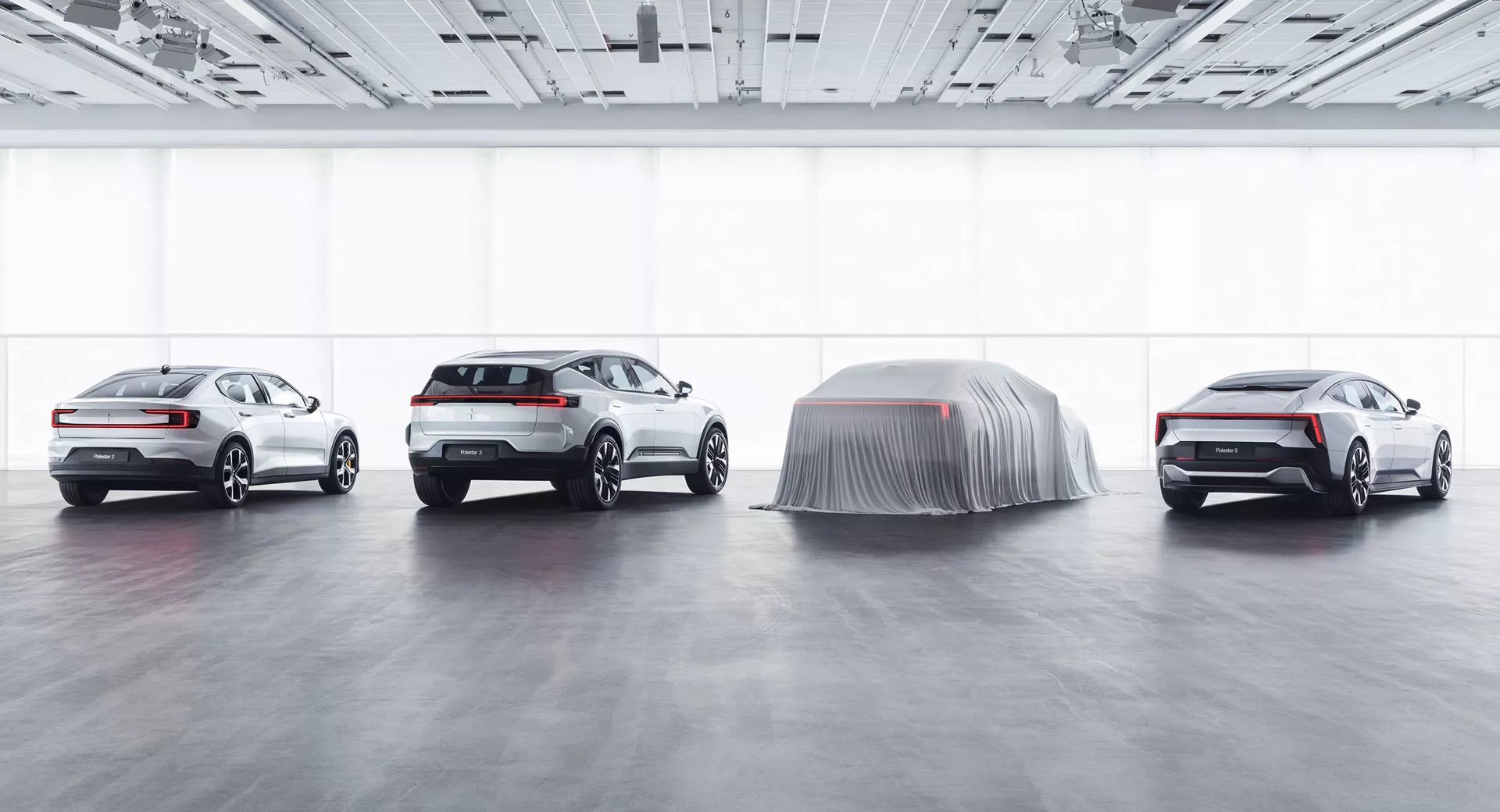Polestar looked to many like a beacon of credibility and respectability in a sea of EV startups, and share prices rose on Friday on the first day of the company’s much hyped arrival on the stock market.
But having climbed 16 percent on that first day of trading, the firm’s shares fell 15 percent on Monday, wiping out most of the gains, adding further credence to the warnings of doom mongers who claim the EV sector is a second-coming of the 1990s dot.com bubble.
Polestar’s performance isn’t exactly catastrophic so far. Remember when Aston Martin launched at £19 ($24) on the London Stock Exchange in October 2018? That same day shares fell to £17.75 ($21.9), and by August 2019 they had hit £3.71 ($4.6) before recovering a little ground. There’s no suggestion Polestar will fall that far. But industry watchers say investors are now being more careful about handing money to EV companies than they have been in recent years.
“EV stocks benefited greatly from the abundance of liquidity that had been sloshing around the system for two years,” Matthew Maley, chief market strategist at Miller Tabak + Co, told Bloomberg. “Now that this liquidity is disappearing, investors are going to have to revalue these EV names.”
Related: The Polestar 5 Will Produce 872 HP From Dual Electric Motors
Worries about inflation and an economic downturn, plus concern over the rising costs in the materials required to build new EVs, and problems in the supply chain preventing plants reaching full production, are all concerns for investors.
Other EV companies already trading on the stock market have also seen share prices drop. Rivian’s stock has dropped 64 percent since its November debut, Bloomberg reports, and some financial experts remain dubious that EV startups that have hardly shifted any cars can be valued in the tens of billions of dollars when a giant like Ford, which is also actively involved in switching to EVs, has a huge customer base, expansive dealer network and great brand recognition, is worth less than $50 billion.
“The entire EV sector – Tesla included – remains overvalued based on any conventional metrics,” Steve Sosnick, chief strategist at Interactive Brokers, told Bloomberg.





